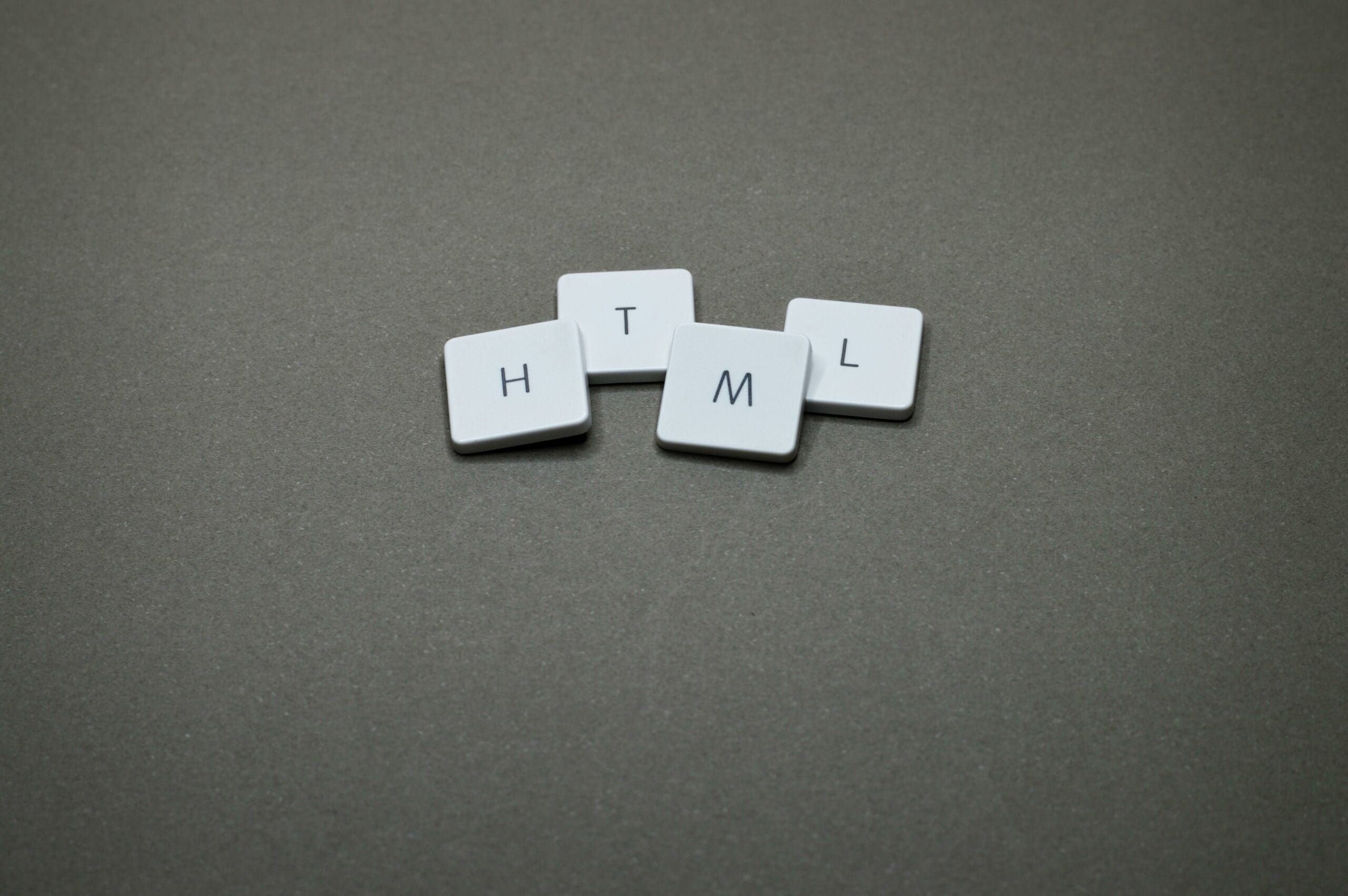Top FAQs for Parents Considering Coding Academies for Kids: What You Need to Know
Jan 20, 2025
Read: Is Coding a Good Career Path? Exploring Opportunities and Salaries
Read: What is the Right Age to Start Coding?
Read: The Advantages of After-School Coding Programs for Teens
Many parents are exploring coding academies to help their children learn programming skills. Coding has become a critical skill in the modern world, so it's no surprise that parents want to give their kids a head start in this essential area. But before enrolling your child in a coding academy, you may have some questions: What is coding? Is it suitable for my child? How do coding academies work?
In this blog, we’ll answer the most common FAQs (Frequently Asked Questions) that parents ask when considering enrolling their kids in a coding academy. Let’s dive in!
1. What Is Coding, and Why Should My Child Learn It?
Answer:
At its core, coding (or programming) is the process of telling a computer what to do by giving it a set of instructions. It’s the magic behind everything we use—apps, games, websites, even smart devices.
Learning coding is more than just picking up a technical skill. Here’s why it’s worth considering for your child:
Problem-Solving Skills: Coding teaches kids how to break down big problems into smaller, more manageable parts. It encourages logical thinking and boosts their problem-solving abilities.
Future-Proofing: Many of the jobs in the future will require coding skills. By learning to code now, your child is preparing for an increasingly tech-driven world.
Creativity: Coding is a form of creativity! Kids can build games, design apps, create websites, and even make robots. It’s a hands-on way for them to turn their ideas into reality.
Coding is one of the most valuable skills a child can have.
2. At What Age Should My Child Start Learning to Code?
Answer:
The great thing about coding is that kids can start at a very young age. Some programs are designed for kids as young as 5, using simple games to teach them basic logic, patterns, and problem-solving. These early lessons don’t necessarily involve coding languages but set the foundation for later skills.
Around 7 or 8, kids can start working with visual programming tools like Scratch, which uses drag-and-drop commands to create simple animations and games. By 10-12, they can dive into more traditional programming languages like Python, JavaScript, or even basic HTML/CSS.
Coding academies usually have age-appropriate programs, so whether your child is just starting or already showing advanced skills, there’s something for everyone!
Read: Top U.S. College Scholarships for Students Who Are Skilled in Coding
3. How Does a Coding Academy Work for Kids?
Answer:
Coding academies make learning programming fun and interactive. Here's what you can expect:
Curriculum-Based Learning: Most coding academies follow a structured curriculum that guides kids from beginner to advanced levels. Kids usually learn at their own pace, so they can take the time they need to really grasp the material.
Project-Based Learning: The best part? Kids build real projects! Whether it’s an app, a website, or a game, hands-on projects make coding fun and show kids how their skills can be used in real life.
Group or Individual Classes: Some programs offer group lessons where kids collaborate and learn together, while others provide personalized one-on-one mentorship to make sure your child gets the attention they need.
Online vs. In-Person: Whether your child learns at home or in a classroom, there are tons of options. Online programs (like Codeacademy or Tynker) are convenient and flexible, while in-person programs offer a chance for more direct interaction and a community atmosphere.
Make sure to choose a program that fits your child’s age, learning style, and interests!
Read: Pinecone Kids Coding Academy: What Makes Us Different
Read: Which Coding Program is Best for Your Child? Winter Camp, Summer Camp, or After-School Coding Classes
4. How Do I Know If My Child Is Ready for a Coding Academy?
Answer:
Wondering if your child is ready? Here are a few signs to look for:
Interest in Technology: Does your child love playing video games, building with Legos, or exploring apps and gadgets? That curiosity is a great starting point for learning to code.
Basic Computer Skills: Your child doesn’t need to be a tech wizard yet, but they should be comfortable using a computer (like knowing how to use a mouse and keyboard).
Ability to Follow Instructions: Coding involves following step-by-step instructions. If your child can handle that in other areas (like following a recipe or completing a project), they’re likely to thrive in a coding class.
Problem-Solving Mindset: Does your child like puzzles or figuring out how things work? Those problem-solving skills are key to success in coding.
If your child enjoys tinkering, exploring, and figuring out how things work, they’ll likely enjoy coding, too!
5. How Much Does a Coding Academy for Kids Cost?
Answer:
Costs can vary widely based on the program’s location, length, and format. Here’s a rough breakdown:
Short-Term Courses: Expect to pay around $50 to $200 per month for online or after-school programs. These courses typically cover specific topics, like building a game or learning a certain language.
Full-Length Programs: Some academies offer more comprehensive programs that last months or even a year. These can range from $300 to $2,000+, depending on the course and the level of instruction.
In-Person vs. Online: In-person programs are often more expensive because of overhead costs, but online options can be more affordable while still offering excellent content.
Also, keep an eye out for financial aid, discounts, or free trial lessons—many coding academies offer deals to make their programs more accessible.
Try a Free Session! - Click here
6. What Programming Languages Will My Child Learn?
Answer:
The languages your child will learn depend on their age and the academy’s curriculum. Some of the most common ones for kids include:
Scratch: A visual programming language perfect for younger kids (ages 6+), which teaches basic coding concepts through drag-and-drop commands.
Python: A beginner-friendly text-based language often introduced around age 10. Python is versatile and used in everything from web development to robotics.
JavaScript: A go-to language for building websites and interactive applications. It’s usually introduced to older kids who are ready to dive into web development.
HTML/CSS: These are used to create and style websites. Kids can use HTML to design pages and CSS to make them look great!
Robotics & Game Design: Some academies also teach robotics programming (using tools like LEGO Mindstorms) or game development with languages like Unity or C#.
In many programs, kids will learn a variety of languages over time, giving them a well-rounded experience.
7. Will My Child Be Able to Use Coding Skills in Real-World Projects?
Answer:
Absolutely! One of the best parts of coding academies is that kids get to create real-world projects. Some examples include:
Building games: Kids can create their own video games, putting their coding skills to use in a fun and engaging way.
Creating websites and apps: Your child will learn how to build and design their own websites or even simple mobile apps.
Experimenting with robotics: Some academies offer classes where kids can program robots to complete tasks, helping them understand the intersection of hardware and software.
By the end of their program, your child will have tangible projects they can show off—great for building a portfolio for future school applications or internships!
8. Can Coding Help My Child in Other Areas of Life?
Answer:
Definitely! Coding isn’t just about programming—it teaches a host of valuable skills that can benefit kids in many areas of life, such as:
Problem-Solving: Coding is all about breaking down big problems into smaller steps—an essential life skill.
Critical Thinking: It helps kids think logically, consider multiple solutions, and make decisions based on evidence.
Resilience: Coding often involves trial and error. Kids learn to debug mistakes and persevere through challenges.
Creativity: Kids get to build and create—whether that’s a website, game, or app, coding helps them bring their ideas to life.
And all of these skills—problem-solving, creativity, resilience—are incredibly valuable in school and beyond. Learning to code isn’t just about technology; it’s about setting kids up with skills that will serve them throughout their lives.
Conclusion: Is a Coding Academy Right for My Child?
Enrolling your child in a coding academy can provide them with valuable skills for the future, while also sparking creativity, building confidence, and encouraging teamwork. Whether your child is interested in game design, app development, or simply enhancing their problem-solving abilities, coding is an investment in their future.
If you’re ready to take the next step, research coding academies in your area or online. Look for programs that match your child’s interests, age group, and learning style to ensure a fulfilling coding journey.
Read: Choosing After-School Programs That Best Fit Your Kids' and Teens' Future: A Parent's Guide to Matching Activities with Interests and Personality
Read: Why Every Teenager Should Learn Coding: Top Benefits for Teens and Parents
Read: What is the Most Popular After-School Activity?
Pinecone Coding Academy's Kids Coding Program
At Pinecone Coding Academy, we are passionate about making coding accessible and enjoyable for kids aged 8-17. Our program is designed to inspire and equip young learners with the skills they need to thrive in the digital world.
Click here to discover a coding class that matches your teen's or child's interests.
What We Offer:
Engaging Curriculum: Our courses introduce students to popular programming languages like Python, JavaScript, and HTML/CSS, laying a strong foundation for future learning.
Hands-On Projects: Students participate in project-based learning, creating real applications that they can showcase, from interactive games to personal websites.
Mentorship and Support: Our experienced instructors provide guidance, helping students navigate challenges and discover their coding potential.
Community Connection: By joining Pinecone, students become part of a vibrant community of peers, fostering collaboration and friendship as they learn.
Try a Free Session!
If your child is curious about coding, Pinecone Coding Academy offers a free introductory session for kids aged 8-17. This is a fantastic opportunity to explore programming in a fun and engaging way.
SEO Keywords Used:
coding academy for kids, how to enroll kids in coding classes, coding for kids FAQs, coding classes for children, learning to code for kids, best programming languages for kids, how to get kids interested in coding, benefits of coding for children
More blogs







